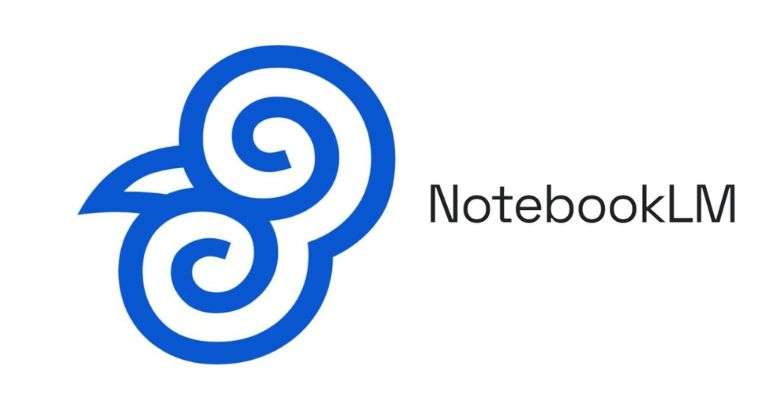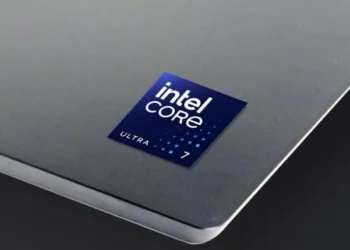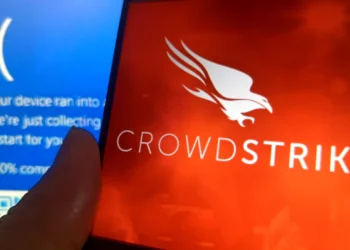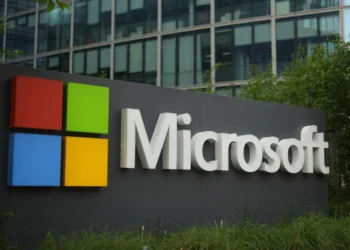Google announced that it is rolling out its AI-powered note-taking assistant, NotebookLM, to more than 200 new countries, nearly six months after its initial launch in the United States.
The platform, driven by Google’s advanced multimodal LLM Gemini 1.5 Pro, now boasts enhanced features and support for additional languages.
It would help a broader audience utilize AI for generating summaries and answering questions based on their documents.
NotebookLM’s reach now extends to countries including Australia, Brazil, Canada, India, and the UK, among a total of 213 countries and territories.
The platform’s interface language support has been expanded to 108 languages, featuring Arabic, Assamese, Bengali, Cantonese, Chinese, Dutch, French, German, Hindi, and Hinglish.
Additionally, it supports sourcing and chatting in 38 languages, including Arabic, Bengali, simplified and traditional Chinese, Dutch, French, German, Hindi, Japanese, and Spanish.
Initially demoed as Project Tailwind at Google I/O in 2023, NotebookLM was first made available to a select group of users in June last year.
Unlike traditional AI chatbots, NotebookLM uses AI to generate summaries and respond to questions directly from documents, transcripts, notes, and other user-uploaded sources.
This feature ensures that responses are grounded in the specific materials provided by users, reducing the risk of generating unrelated or inaccurate information.
Further expanding its capabilities, Google has now enabled NotebookLM to source content from Google Slides and web URLs, complementing its existing support for Google Docs, PDFs, and text files.
This allows users to create notes or ask questions about content in various formats, whether it be text or images, or to explore material online.
Despite initial expectations from early US users that NotebookLM would integrate with traditional note-taking apps like Evernote and Google Keep, Raiza Martin, Senior Product Manager for AI at Google Labs, clarified in a recent virtual roundtable that the focus remains on refining the product’s core value before exploring additional integrations.
“Down the road, you’ll hopefully see these types of integrations,” she said.
Google has also introduced inline citations to improve the accuracy and reliability of AI-generated responses.
These citations allow users to verify supporting passages from their sources, fact-check AI-generated content, and read the original text for better context.
Previously, citations were placed at the bottom of responses generated by the assistant.
Additionally, NotebookLM now features a Notebook Guide, which assists users in converting their content into various formats, such as FAQs, briefing documents, or study guides.

Google Labs’ Broader Consultation During Development
Steven Johnson, Google Labs’ Editorial Director, highlighted that NotebookLM was developed with the input of authors, students, and educators, and has been embraced by early adopters for integrating its source-grounding architecture into their research and writing workflows.
The platform has found diverse uses among its early adopters, including creating hyperlocal newsletters, summarizing interview transcripts, developing grant proposals, and managing descriptions of fantasy worlds.
Importantly, Martin emphasized that Google does not use any data uploaded by users on NotebookLM to train its algorithms. “Your data does stay private to you,” she assured, addressing common privacy concerns.
During the Google I/O 2024 keynote in May, an early prototype of Audio Overviews for NotebookLM was showcased.
This feature utilizes the Gemini model to scan through uploaded materials and generate podcast-like discussions.
The Gemini 1.5 Pro also enhances NotebookLM’s capacity, allowing it to handle up to 50 sources in each notebook, with a limit of 500,000 words per source.
The global rollout of NotebookLM positions Google in direct competition with numerous startups offering similar GenAI tools for document summarization and question-answering.
While many of these platforms charge for their services, Google’s substantial resources enable it to offer NotebookLM for free, potentially reshaping the landscape of AI-assisted note-taking.
READ ALSO: Minerals Commission Gets Ultra-Modern Office Complex in Akim Oda





















